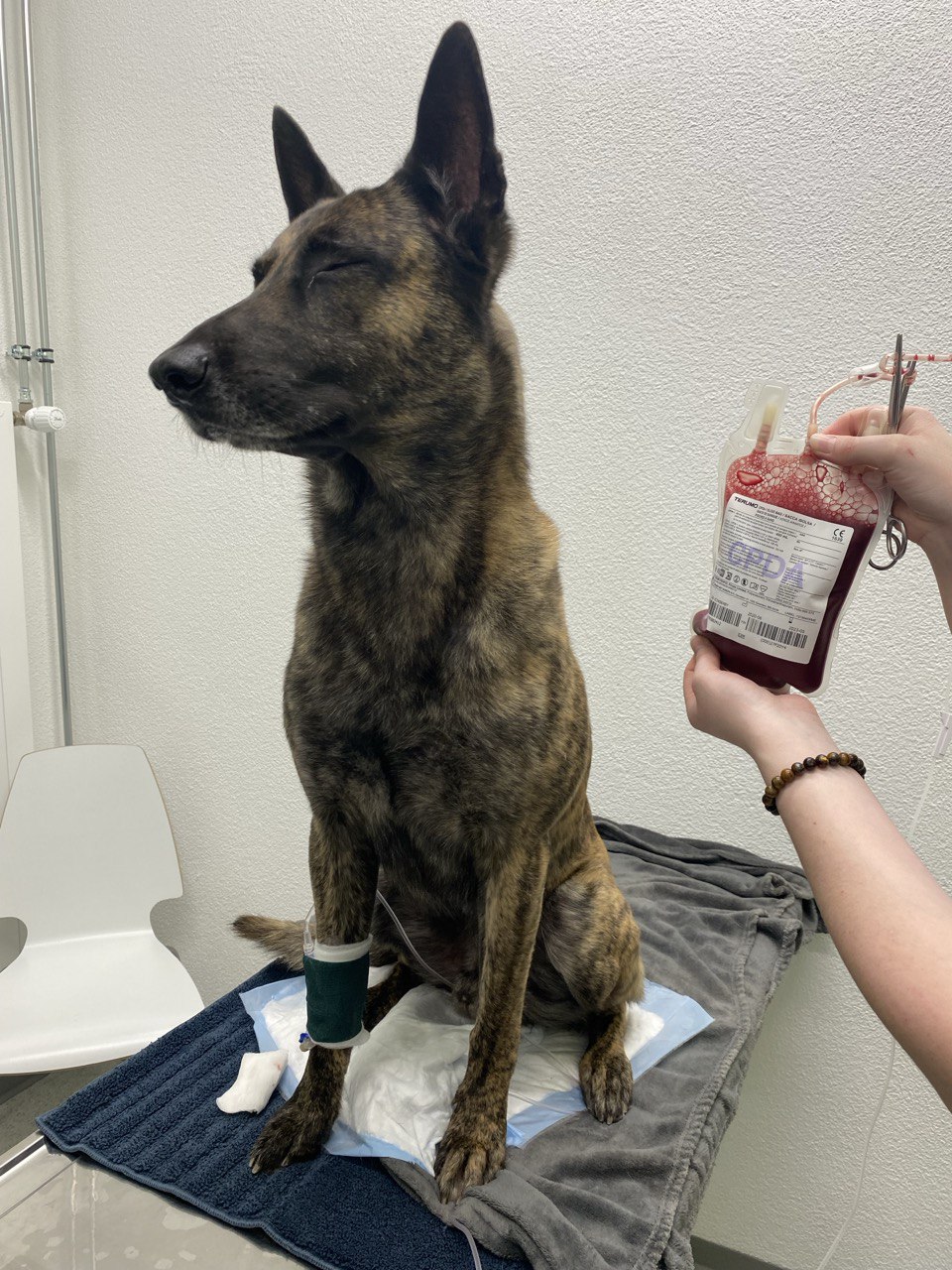Why are vaccinations important?
Vaccinations protect not only individual animals but also the entire population by preventing the spread of dangerous pathogens. They help to curb deadly diseases such as distemper, cat disease or RHD (rabbit hemorrhagic disease).
The vaccination schedule for dogs
Dogs should be vaccinated against various infectious diseases. The basic immunization scheme is as follows:
- From the 8th week of life:
Distemper, parvovirus, hepatitis contagiosa canis, parainfluenza, leptospirosis (dHPPi + L6) - 12th week of life:
Repeat dHPPi + L6 - 16th week of life:
Final primary vaccination against dHPPi + L6
booster vaccinations
- Yearly:
Parainfluenza (kennel cough) and leptospirosis - Every 3 years:
DHPPi + L6 (distemper, parvovirus, hepatitis, parainfluenza, leptospirosis) - Individual (depending on lifestyle, risk of infection and vet recommendation):
In special situations or when there is an increased risk of infection, an annual refresher of DHPPi + L6 may also be useful, especially for dogs with frequent contact with other animals, traveling or staying in risk areas
Additional vaccinations
- Kennel cough (KC nasal):
Depending on the dog's lifestyle (e.g. visits to dog schools, dog boarding centers, exhibitions), this vaccination may also be recommended
rabies vaccination
Rabies vaccination is essential for trips abroad, as rabies is a deadly disease that can be transmitted to humans.
- Earliest vaccination date: From the 12th week
- Validity after initial vaccination: only after 21 days
- Refresh: Every 1-3 years, may vary by country or vaccine
- Relevance: Recommended in Switzerland, particularly for dogs and cats that travel abroad or have lots of contact with wild animals.
The vaccination schedule for cats
- From the 8th week of life:
Primary vaccination against cat disease (panleukopenia) and cat cold (rhinotracheitis, caliciviruses). - 12th week of life:
Revaccination against cat disease and cat cold. - 16th week of life:
Final primary vaccination against cat disease and cat cold.
booster vaccinations
- Cat disease and cat cold (RCP):
The refresher is usually carried out every 1 to 3 years, depending on the recommendations of the vaccine manufacturer, the cat's lifestyle (e.g. indoor cat or outdoor cat) and the individual risk of infection.
Additional vaccinations
- FeLV (feline leukosis virus):
This vaccination is particularly recommended for outdoor use or cats in contact with other cats. The FeLV vaccination can be given together with RCP and should be refreshed regularly after the primary vaccination, depending on the risk and recommendation of the veterinarian.
It is recommended that a FeLV/FIV test be performed before vaccination with the FeLV vaccine to rule out previous contact with the virus.
Why
Cats may already be carriers of the virus, so it is advisable to carry out a test first to determine whether they carry the feline leukosis virus. This can be asymptomatic or with the corresponding symptoms.
If the results are positive, the cat will not be vaccinated with the leukosis vaccine.
The vaccination schedule for rabbits
- From the 10th to the 12th week: basic immunization
- Annual refreshments: once a year
Expert tip
Regular veterinary checks are important to keep your animal's vaccination status up to date. Discuss with your vet whether additional vaccinations are necessary for your four-legged friend, especially if you travel frequently or if your animal has contact with other animals.
conclusion
A well-thought-out vaccination schedule protects pets from serious illnesses and extends their life expectancy. Pet owners should seek regular advice from their vet to ensure the optimal vaccination schedule for their animal. If you have your pets vaccinated, you not only contribute to the health of your own animal, but also to the protection of the entire animal population.
Do you have any questions about this topic? Please contact us!


.svg)
.svg)



.svg)

.png)
.png)


